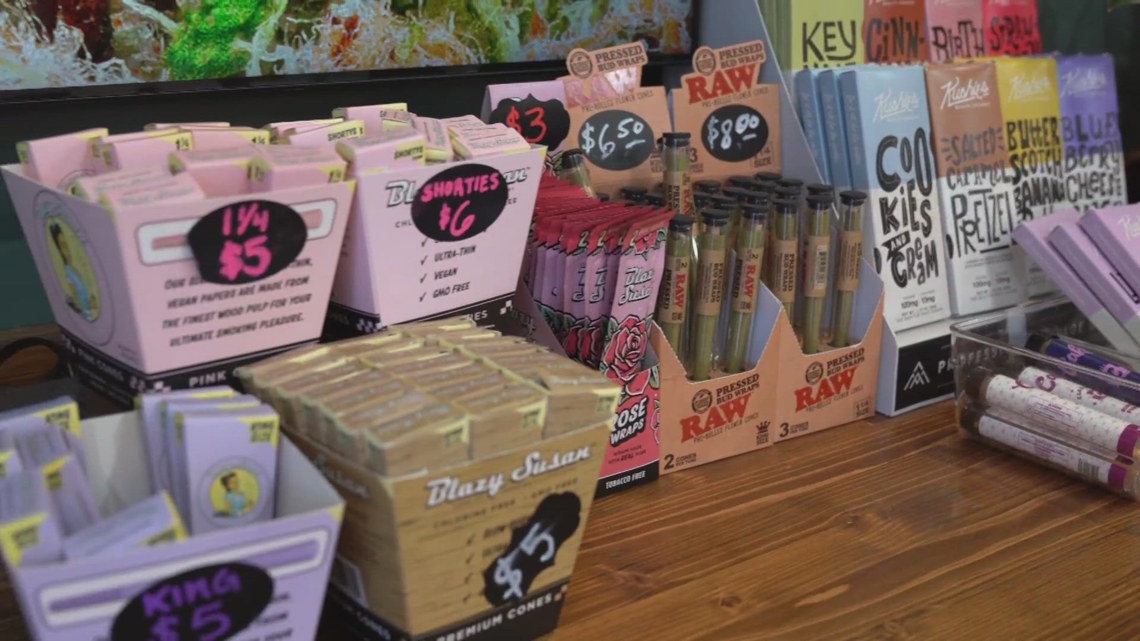NASHVILLE, Tenn. — Starting Jan. 1, 2026, oversight of hemp-derived cannabinoid products will move to the Tennessee Alcoholic Beverage Commission.
Under existing Tennessee law, HDC manufacturing must be conducted by a licensed supplier from the Tennessee Department of Agriculture. Retail products must include an ingredient list, batch number, mandatory warning statements and a QR code linking to a valid Certificate of Analysis.
Safety testing must be done by a third-party lab accredited and registered with the Department of Agriculture. The tests must confirm that HDC products meet limits for THC content, heavy metals, residual solvents, pesticides and other potential contaminants. Only licensed retailers can sell HDC products to customers 21 and older. Selling or distributing HDCs without a license may result in civil or criminal penalties, including a Class A misdemeanor.
Beginning Jan. 1, all consumer protections (licensing, testing, labeling and age restrictions) will remain in effect, according to a release from the TABC. They plan to maintain continuity by adopting rules closely aligned with the TDOA’s current framework.
According to TABC, HDC regulatory changes include:
Businesses that have valid TDOA licenses may not sell HDC products after Dec. 31, 2025, unless they meet one of the criteria.
According to TABC, anyone with felony drug convictions is ineligible to apply for an HDC license for 10 years following their conviction date or while serving their sentence.
TABC-licensed suppliers must ensure that all products do not exceed 0.3% total THC on a dry weight basis, do not contain detectable THCp and labels meet statutory requirements, including a Certificate of Analysis-linked QR code.
HDC products, including HDC topicals, with 0.1% to 0.3% THC concentration, are legal but require a TABC license. Products will less than 0.1% do not require a license. Any product with more than 0.3% THC is illegal.
According to the release, the TABC will begin accepting applications in December, but the license will not be valid until after Jan. 1. New TABC HDC applications will be charged a one-time $500 fee and an annual license fee of $1,000 (retailer), $2,500 (supplier) and $5,000 (wholesaler). Each HDC license will include an inspection upon issuance and annually upon renewal.
TDOA-issued licenses will remain in effect until their expiration date, even if it expires after Jan. 1. After a TDOA help license expires, HDC businesses are required to file a new TABC application. TDOA will continue to oversee hemp cultivation.
TABC said hemp farmers will not be required to get a TABC license unless they manufacture, distribute or sell hemp-derived products directly to consumers, TABC said. Businesses can hold multiple licenses across different tiers.
After Jan. 1, delivery or shipment of HDC products to consumers will be prohibited. All sales must happen in person at licensed retail locations. Vending machines for HDC products will be illegal.


